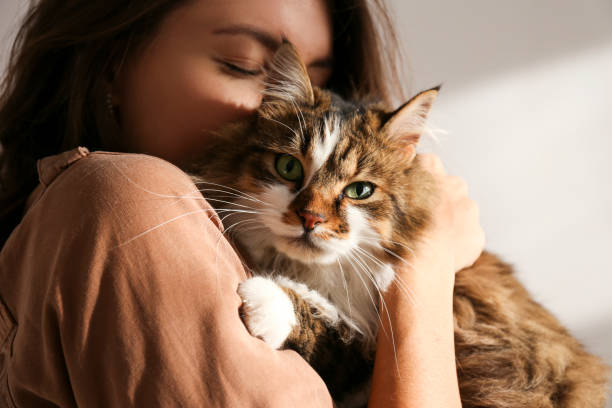Clumping vs. Non-Clumping Cat Litter: What's Best for Your Feline?
Clumping vs. Non-Clumping Cat Litter: What's Best for Your Feline?
Blog Article

Felines are cherished companions in countless homes worldwide, and part of the duty of cat ownership includes selecting the ideal litter and litter box that fits both the requirements of our feline pals and our own. With a myriad of options offered, browsing through the choices can be frustrating. This guide aims to simplify that procedure, providing you with whatever you require to learn about cat litter, litter boxes, and systems.
The initial step in cat care is picking the best cat litter. Alternatives range from clumping, non-clumping, silica gel, natural, and organic ranges. Clumping litter is popular for its ease of cleansing, while non-clumping litter is often more affordable and still effective. Natural and organic litters offer eco-friendly choices however can differ in their absorbency and odor control abilities.
Modern feline owners can select from a variety of litter box systems, consisting of automated and self-cleaning designs that offer benefit and decreased maintenance. These systems can be a substantial investment but are worth thinking about for those with hectic lifestyles.
Eco-conscious cat owners have a number of alternatives, consisting of biodegradable and flushable cat litters that reduce ecological effect. Nevertheless, it is very important to balance convenience with ecological issues, as some flushable litters might not be ideal for all plumbing systems.
Proper training is important, particularly for kittycats or felines transitioning to a brand-new kind of litter or box. Consistency and perseverance are key. Regular cleaning and maintenance of the litter box are essential for the health and well-being of your cat, in addition to for odor control in your home.
The benefits and drawbacks of various kinds of cat litter are huge. Silica gel litter is extremely absorbent and lasting however can be more pricey. Natural litters, while more secure for the environment, might not manage smells as efficiently as artificial choices. Understanding the specific needs of your cat and your preferences for maintenance can help in making the best option.
When picking a litter box, think about the size, shape, and design that will best fit your cat. Some cats choose open boxes, while others like the personal cat litter box furniture privacy of a covered box. Senior felines and kitties may need boxes with lower sides for easy gain access to.
Smell control is a substantial issue for numerous cat owners. Choosing the ideal kind of litter, routine cleaning, and utilizing accessories like odor eliminators and litter mats can assist keep your home smelling fresh.
The health tracking litters offered today can inform owners to prospective health issues by changing color in action to modifications in pH or the presence of blood. Additionally, the environmental effect of cat litter is an essential consideration, with many owners choosing eco-friendly or recycled choices.
Selecting the ideal cat litter, litter box, and upkeep routine is essential for the health and joy of your cat, as well as for keeping a tidy and odor-free home. By thinking about the needs of your feline and the practical aspects of litter and litter box upkeep, you can produce a comfortable and sanitary environment for your Clay Cat Litter furry buddy.
How often should I alter my cat's litter? It depends upon the type of litter you're using and how lots of cats utilize package. Clumping litter should be scooped daily, with the whole box changed every 2-4 weeks. Non-clumping litter often needs more frequent modifications.
Are automated litter boxes worth the investment? Selecting the right cat litter, litter box, and upkeep routine is necessary for the health and joy of your cat, in addition to for keeping a clean and odor-free home. By thinking about the needs of your feline and the practical elements of litter and litter box maintenance, you can develop a comfortable and sanitary environment for your furry friend. For lots of, the convenience and lowered maintenance of automated litter boxes make them a rewarding investment. Nevertheless, some cats might hesitate of them, so it's not a one-size-fits-all service.
Can diet affect litter box smell? Yes, a cat's diet plan can significantly affect the smell of their waste. Top quality, quickly digestible foods tend to produce less stinky waste.
By understanding the large world of cat litter, litter boxes, and systems, you're well on your method to providing a tidy, comfy, and sustainable environment for your cat.
Picking the right cat litter, litter box, and maintenance regimen is essential for the health and joy cat litter of your feline, as well as for keeping a tidy and odor-free home. By thinking about the needs of your cat and the useful aspects of litter and litter box upkeep, you can create a comfortable and sanitary environment for your furry good friend.